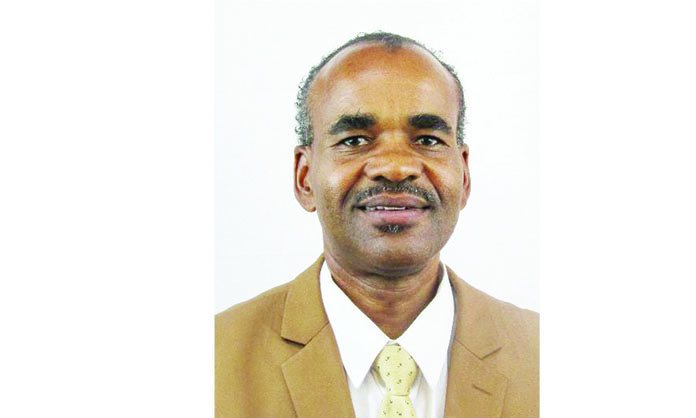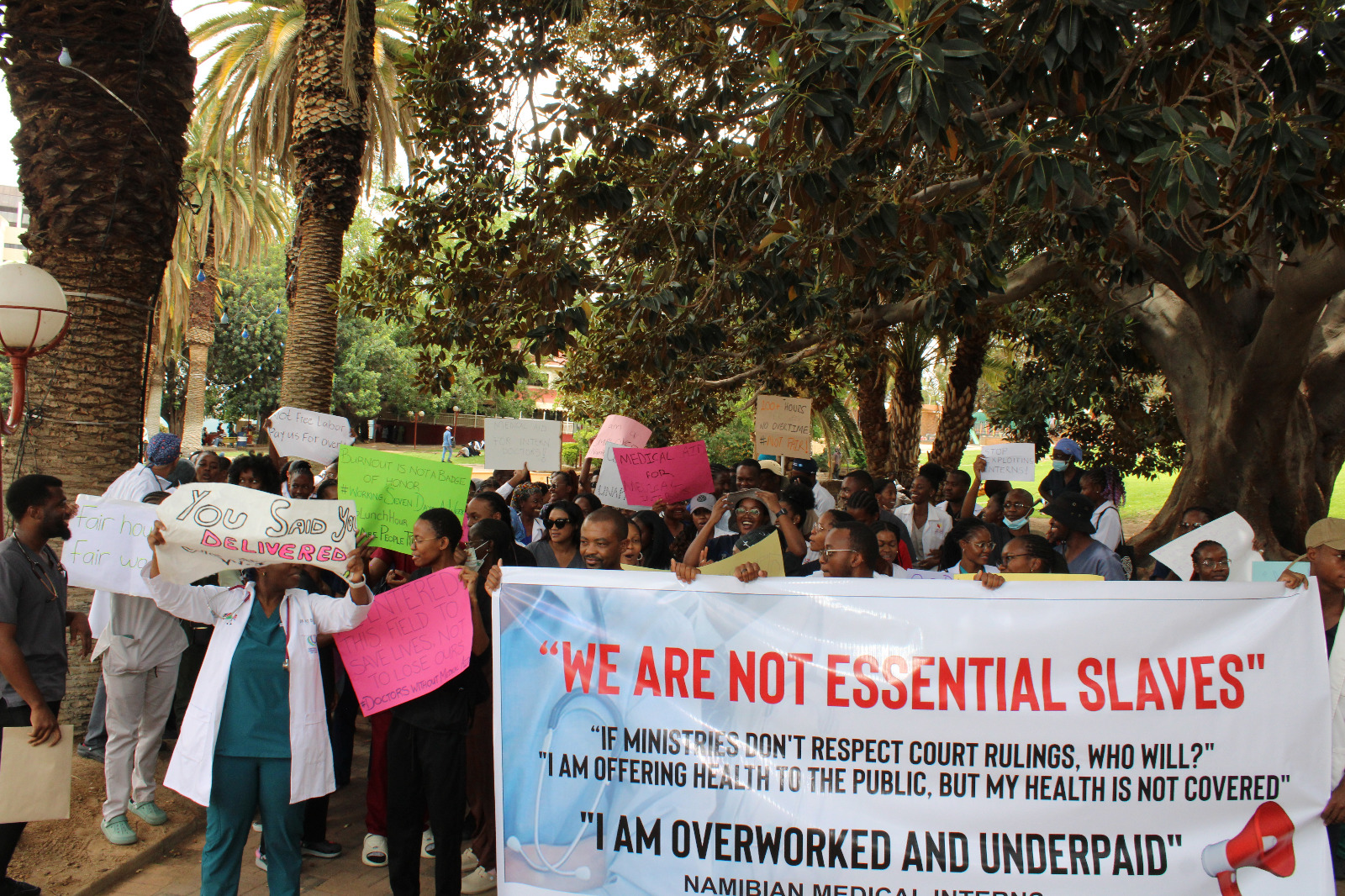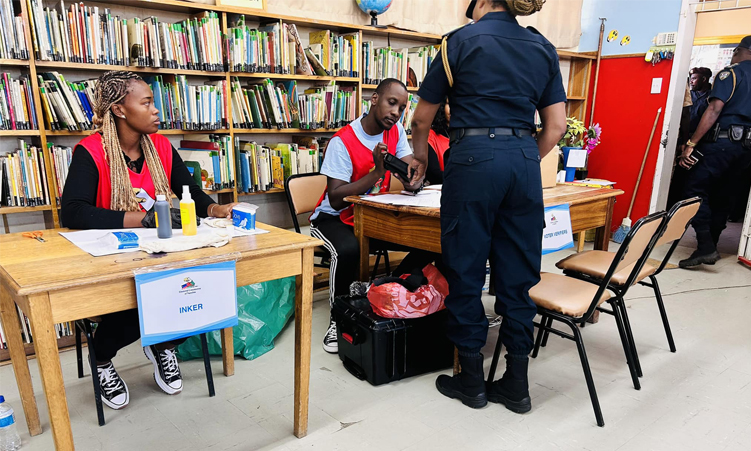Namibia is rapidly gaining prominence as a significant frontier for oil exploration in Africa, thanks to the substantial oil reserves recently found along the country’s coastline.
Much has been said about the potential of these discoveries, estimated at around 11 billion barrels of oil and 2,2 trillion cubic feet of natural gas reserves, to drive economic and social transformation in the country.
At the same time, it is self-evident that for this potential to translate into sustained and inclusive economic development, a concerted effort is required to ensure that Namibia retains sufficient value in the domestic economy for this emerging sector to become a catalyst for growth.
As the final frontier in oil and gas exploration in Africa, our country is in the enviable position of being able to learn from those countries which have vast experience in this sector, avoid their mistakes, and gain invaluable insights into crafting a sustainable and prosperous oil industry.
REALITIES
While important lessons can be drawn from success stories such as Norway (establishing a Sovereign Wealth Fund being a case in point), Namibia should pay close attention to the experiences of African countries with established oil and gas sectors – regardless of their level of success – given similar socio-economic realities.
The recent Namibia Oil and Gas Conference, organised jointly by the Economic Association of Namibia (EAN), the Namibia Investment Promotion and Development Board (NIPDB), and the Hanns Seidel Foundation (HSF), in strategic partnership with Namcor (National Petroleum Corporation of Namibia), provided a great platform for lessons from countries such as Nigeria and Angola.
Namibia should learn from the experiences of these countries, particularly regarding the need to build strong institutional capacity for sector development and the promotion of local content.
NIGERIA AND ANGOLA
Nigeria, the first country to discover oil in sub-Saharan Africa, in the Oloibiri area in 1956, has spent decades establishing and reforming institutions through trial and error to find optimal governance structures aimed at retaining more value from the sector for the domestic economy.
Despite the challenges of insecurity and corruption, Nigeria succeeded in increasing the local content rate from 26% to 54% from 2017 to 2023.
With the introduction of the Petroleum Industry Act (PIA) in 2021, the country has made significant strides toward ensuring good governance and accountability.
It established two regulatory entities, one focusing on upstream activities and the other covering midstream and downstream activities.
In addition, Nigeria transformed the Nigerian National Petroleum Corporation (NNPC) into the quasi-commercial NNPC Ltd, which is active in exploration and production activities.
Namibia would do well to learn from these efforts aimed at reducing corruption and maximising benefits for the local economy.
Similarly, Namibia can also learn from Angola’s experience.
This includes requiring knowledge, technology, and expertise transfer from international oil companies to local firms and workers.
This approach can help Namibia develop its local talent pool.
WELFARE FOR
THE PEOPLE
Drawing inspiration from the experiences of these and other African countries could prove invaluable in charting a path toward sustainable and prosperous oil wealth.
By building strong institutional capacity and promoting local content development, Namibia can lay the foundations for an oil industry that benefits its people and contributes to long-term national prosperity.
In this way, the country will ensure that investments in this vitally important sector do not create enclaves around oil and gas production sites.
Rather, it will help lead to the development of an integrated industrial base with backward and forward linkages to the rest of the economy, promoting growth and improving the social welfare of Namibia’s people.
- Cons Karamata is chief executive of the Economic Association of Namibia
Stay informed with The Namibian – your source for credible journalism. Get in-depth reporting and opinions for
only N$85 a month. Invest in journalism, invest in democracy –
Subscribe Now!






